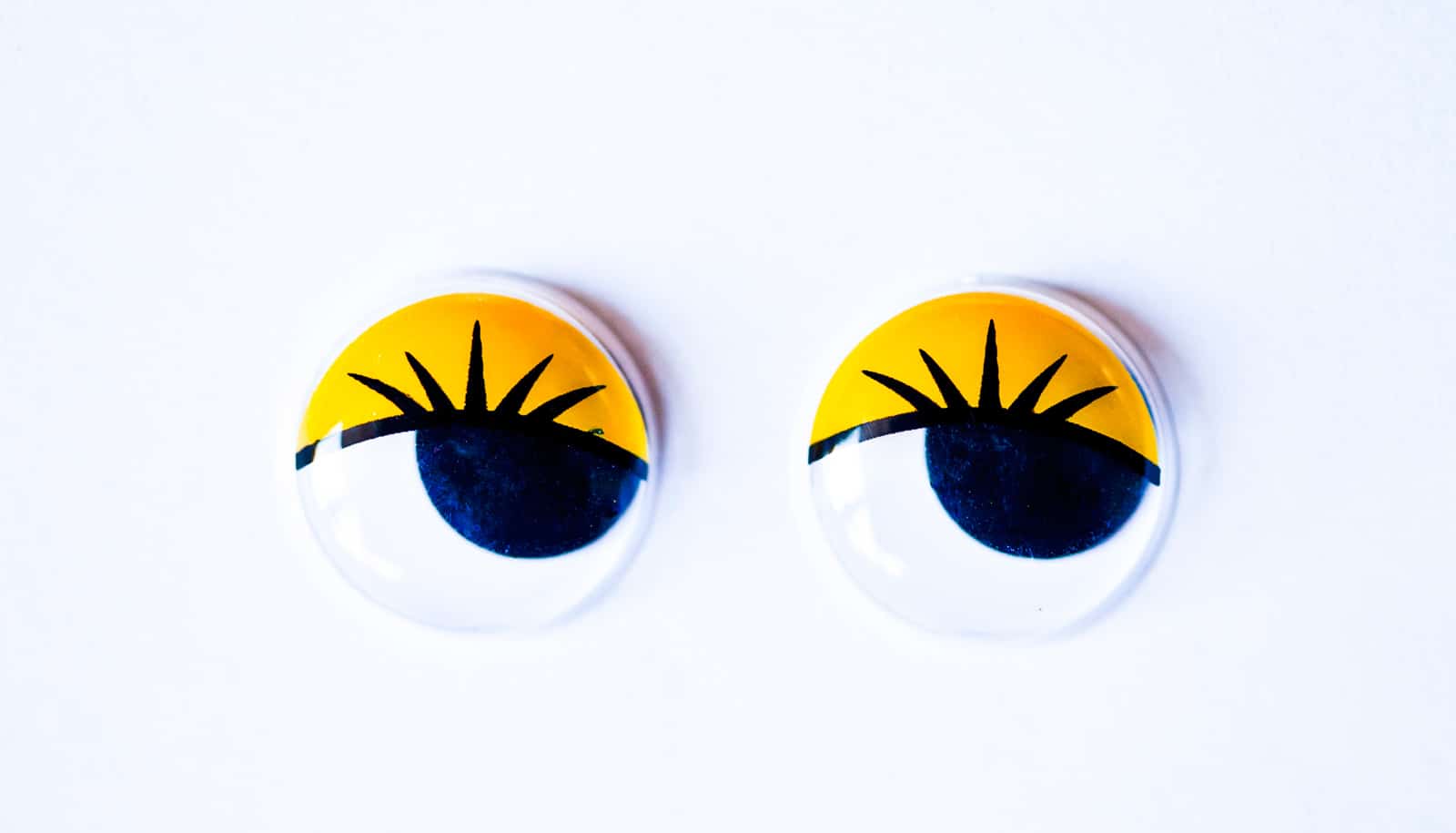Over the past decade, Futurity has shared thousands of posts about research discoveries. Here are the 10 that drew in the most readers:
10. Common painkiller doesn’t ease chronic pain after nerve injury
“Given the rising rates of surgery and shrinking reliance on opioids, it is critical that we understand how to study new drugs that work differently in patients like the ones included in this study,” says John Markman of the University of Rochester Medical Center.
9. New AI application can write its own code
“A developer can give Bayou a very small amount of information—just a few keywords or prompts, really—and Bayou will try to read the programmer’s mind and predict the program they want,” says Swarat Chaudhuri of Rice University.
8. Spiders infest Guam after native birds disappear
“You can’t walk through the jungles on Guam without a stick in your hand to knock down the spiderwebs,” says Haldre Rogers of Rice University.
7. Your whole family got the stomach bug. Why didn’t you?
“We’re discovering that among the factors that play a role in your resistance to infection—including the environment, stress levels, and gut bacteria—there is likely to be an innate biological explanation, too,” says Ephraim Tsalik of Duke University.
6. People with depression have low blood levels of this stuff
“We’ve identified an important new biomarker of major depression disorder,” says Natalie Rasgon of Stanford University.
5. Why you shouldn’t help your coworkers unless they ask
“Being proactive can have toxic effects, especially on the helper,” says Russell Johnson of Michigan State University.
4. Blood pressure app rival’s arm cuff’s accuracy
“We targeted a different artery, the transverse palmer arch artery at the fingertip, to give us better control of the measurement,” says Anand Chandrasekhar of Michigan State University.
3. Teen girls feel ‘bombarded’ by requests for nude photos
“While many young women took on the responsibility of negotiating these pressures, they were also confused and didn’t have the tools to cope,” says Sara Thomas of Northwestern University.
2. Does this image freak you out? You may have trypophobia
“The phenomenon, which likely has an evolutionary basis, may be more common than we realize,” says Stella Lourenco of Emory University.
1. The periodic table is finally complete
“Each successive element becomes more and more difficult to synthesize and increasingly difficult to measure,” says Paul Karol of Carnegie Mellon University.



